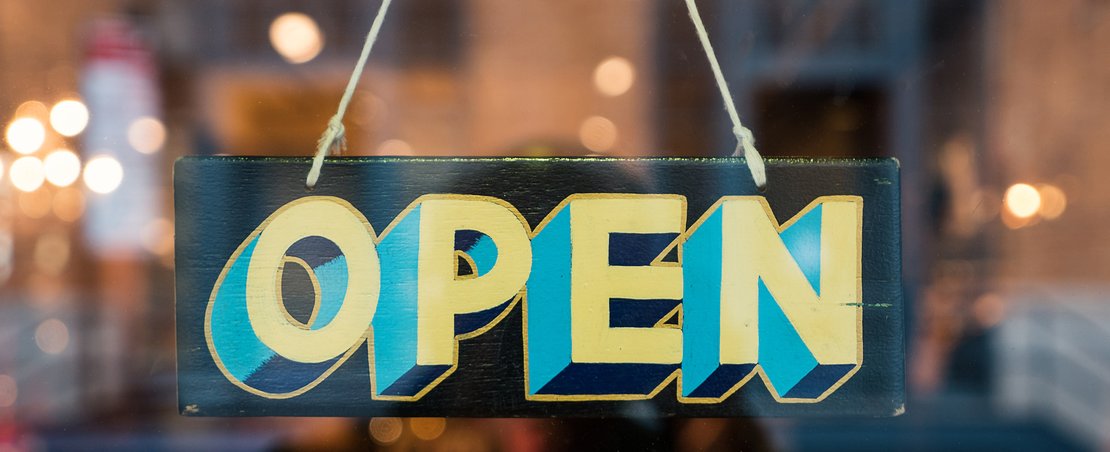
This explainer was originally written for OpenUK's Kids Camp 2021
What is data?
From early cave paintings to selfies on our phones, data has been around for centuries. Data is facts, numbers, words, pictures – or even just a list of your favourite things – collected together for reference or analysis. Each day on Earth, we generate a massive 500 million tweets, 95 million Instagram posts, 65 billion WhatsApp messages, 210 million Snapchat snaps, and 720,000 hours of new content is added on YouTube. It’s all data. Phew.
Data can be very personal, such as your medical records, or something you feel less connected to, like electricity prices. People have different attitudes about how personal data about them is shared – how would you feel about a medicine company using your medical history to create new treatments? Would you think it was an invasion of your privacy or a good way to help scientists advance their research?
Data’s value might be limited if it’s stored in one person’s files, or within the walls of a company. If scientists around the world kept Covid-19 research to themselves, countries would not have been able to learn from each other, and Covid-19 vaccines could have taken much longer to develop. When data is shared between organisations, cities, and countries, it can often increase its value to society and our planet’s sustainability.